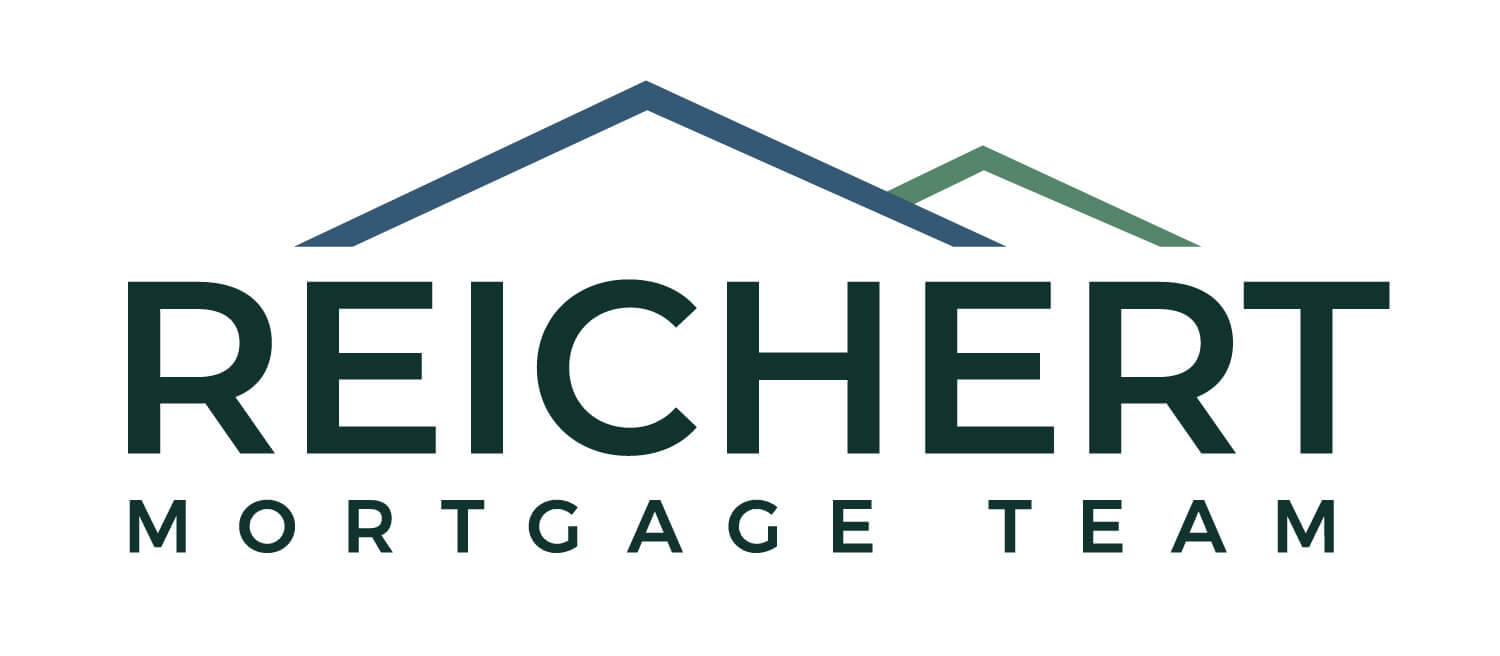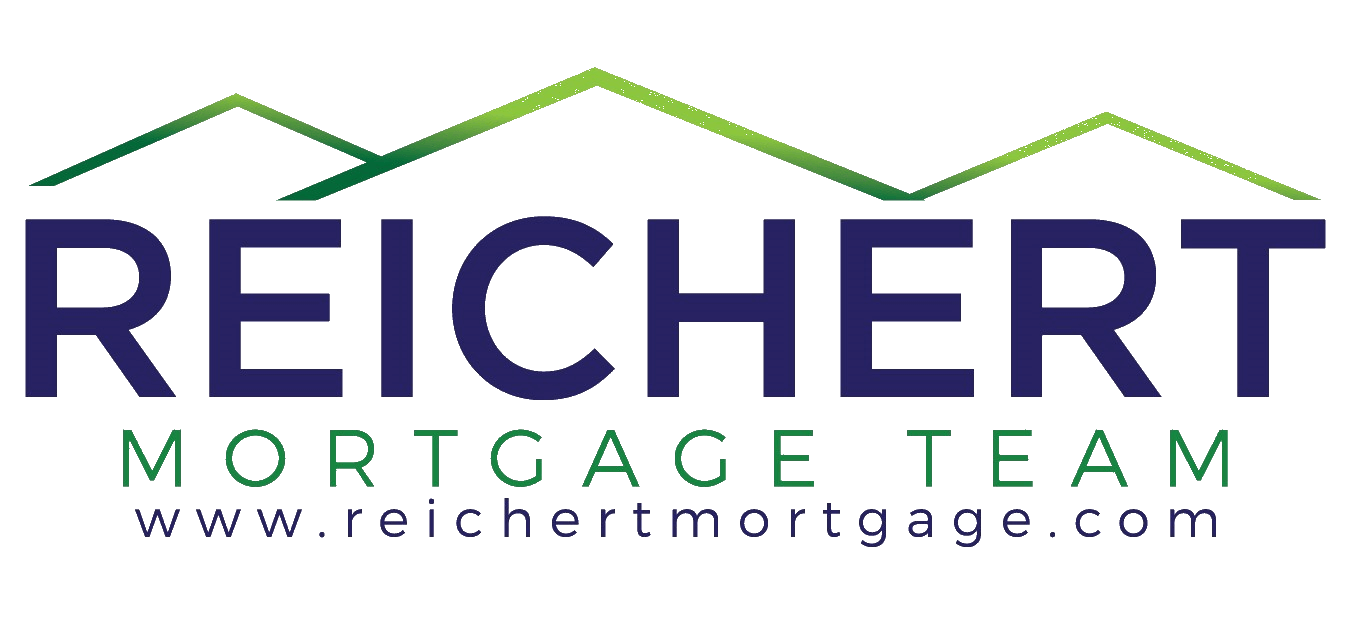As a veteran-owned-and-operated mortgage broker in Colorado Springs, we’re proud to offer support and guidance to the residents of the community. Whether you’re buying your first home or your fifth, the Reichert Mortgage Team provides the knowledge necessary to make the process as simple as possible.
Figuring out which mortgage option is best for you can quickly become confusing and overwhelming. One area that people struggle to find clarity in is mortgages for the self-employed. Many people think if you’re self-employed, you won’t be able to afford buying a house. Our team of experts is here to walk you through everything you need to know about mortgages for the self-employed.
Self-Employed Mortgage Qualifications
Mortgage lenders will evaluate a self-employed individual the same way they would evaluate any other potential borrower. Lenders may differ slightly, but for the most part, they’re all looking for the same qualities when they decide if they want to take you on as a borrower. Qualifying for a mortgage when you’re not traditionally employed requires a bit of preparation, and you want to make sure you have all of the necessary documentation that lenders require.
- Proof of Income: Lenders will calculate your total taxable income to determine how big of a mortgage you qualify for. Income records may include:
- Two years of personal tax returns
- Year-to-date profit and loss statements
- Balance sheet
- Two years of business tax returns
- Employment History: Most mortgage lenders want to see at least two years of steady self-employment in the same industry. If you’ve been self-employed for less than two years, some mortgage lenders may require a previous W-2. Self-employment documents may include:
- Letters from current clients
- A business license, if you own a business
- Proof of insurance for your business
- Signed statements from your CPA
- Credit Score: When lenders look at a potential borrower, a higher credit score makes the candidate more attractive. Borrowers with higher credit scores are also more likely to qualify for lower loan interest rates.
- Debt Statements: One way that mortgage lenders measure the risk of potential borrowers is by calculating how much monthly debt they have. Lenders will calculate your DTI, or debt-to-income ratio. Your DTI determines how much you pay per month towards existing debt;, compared to your gross monthly income before taxes. Debts may include:
- Car Loans
- Credit Cards
- Student Loans
- Spousal Alimony
- Child Support Payments
Mortgages For Self-Employed Borrowers
If you don’t qualify for a conventional mortgage and are self-employed, there are still other mortgage options available.
- FHA Loan
- Federal Housing Administration loans are insured by the FHA and issued through an FHA-approved lender. These loans were created with low-to-moderate-income borrowers in mind. It’s easier to qualify for this type of loan because it’s federally insured, which means the lender faces less risk in the event that a borrower defaults on their mortgage.
- Bank Statement Loan
- Bank statement loans, or alternative document loans, allow borrowers to apply for a loan without traditional income paperwork. Instead of looking at your W-2s or tax returns, a lender will most likely look at the previous two years of your bank statements. Because these types of loans are riskier for a mortgage lender, the interest rates tend to be higher.
Work With The Top Mortgage Brokers In Colorado
At the Reichert Mortgage Team, we’re honored to be known as one of the top mortgage brokers in Colorado. One of the best parts about what we do is forming genuine relationships with our clients, and helping them find their dream home. We’re here to help you in any way that we can, whether that’s guiding you through buying your first home or helping you find a mortgage as a self-employed individual. Contact us today to learn more about how the Reichert Mortgage Team can help you!



